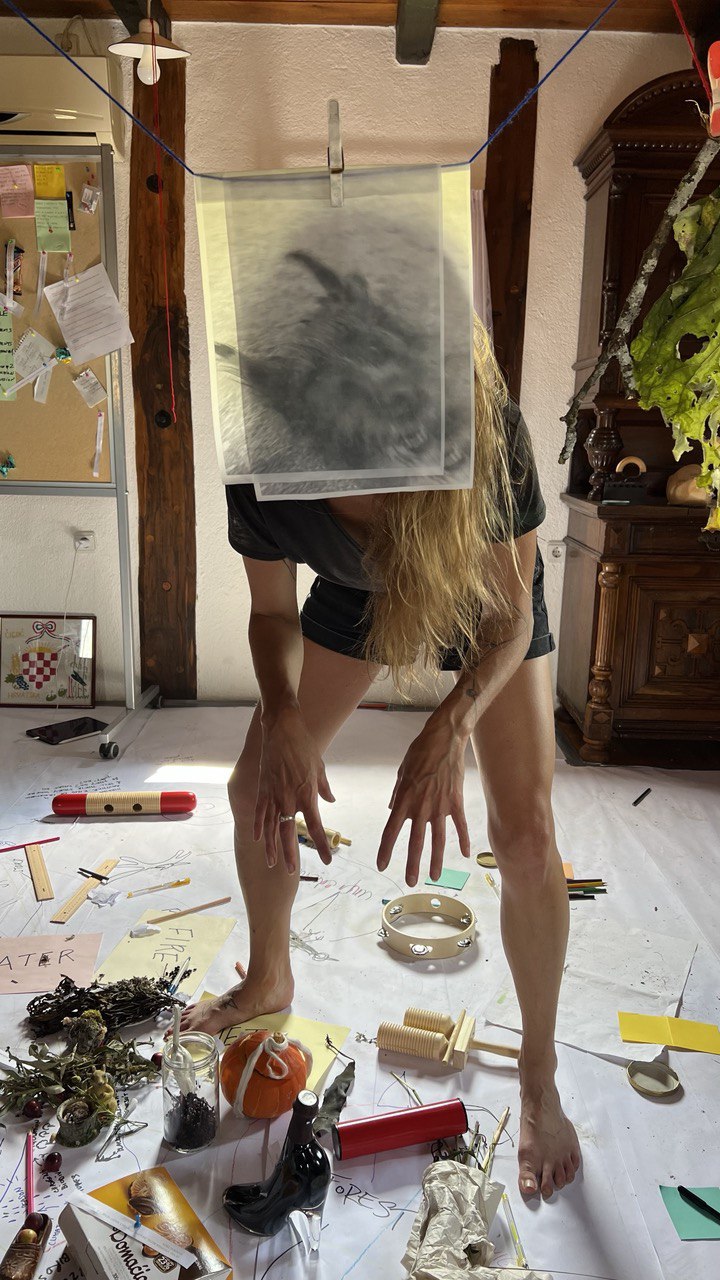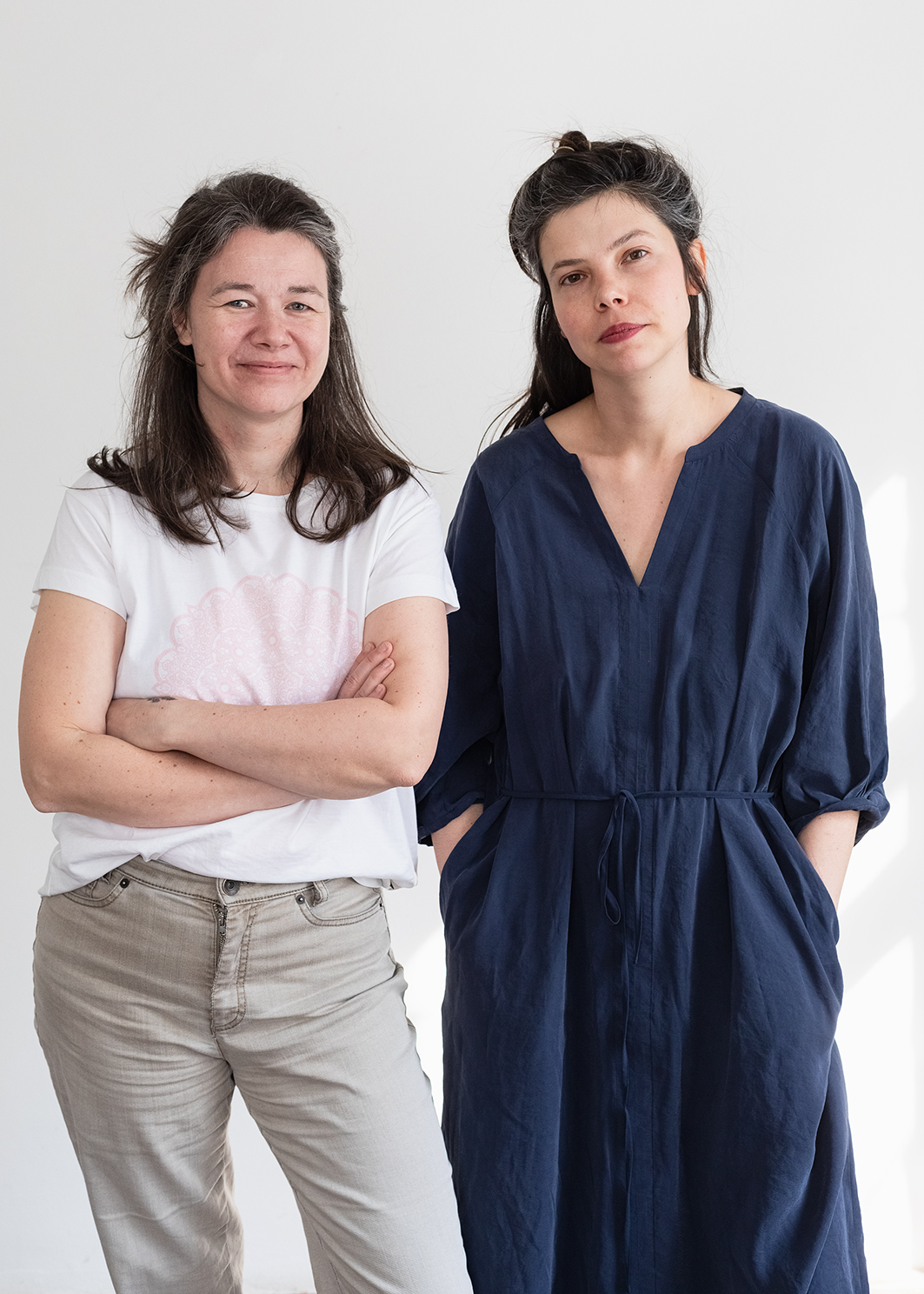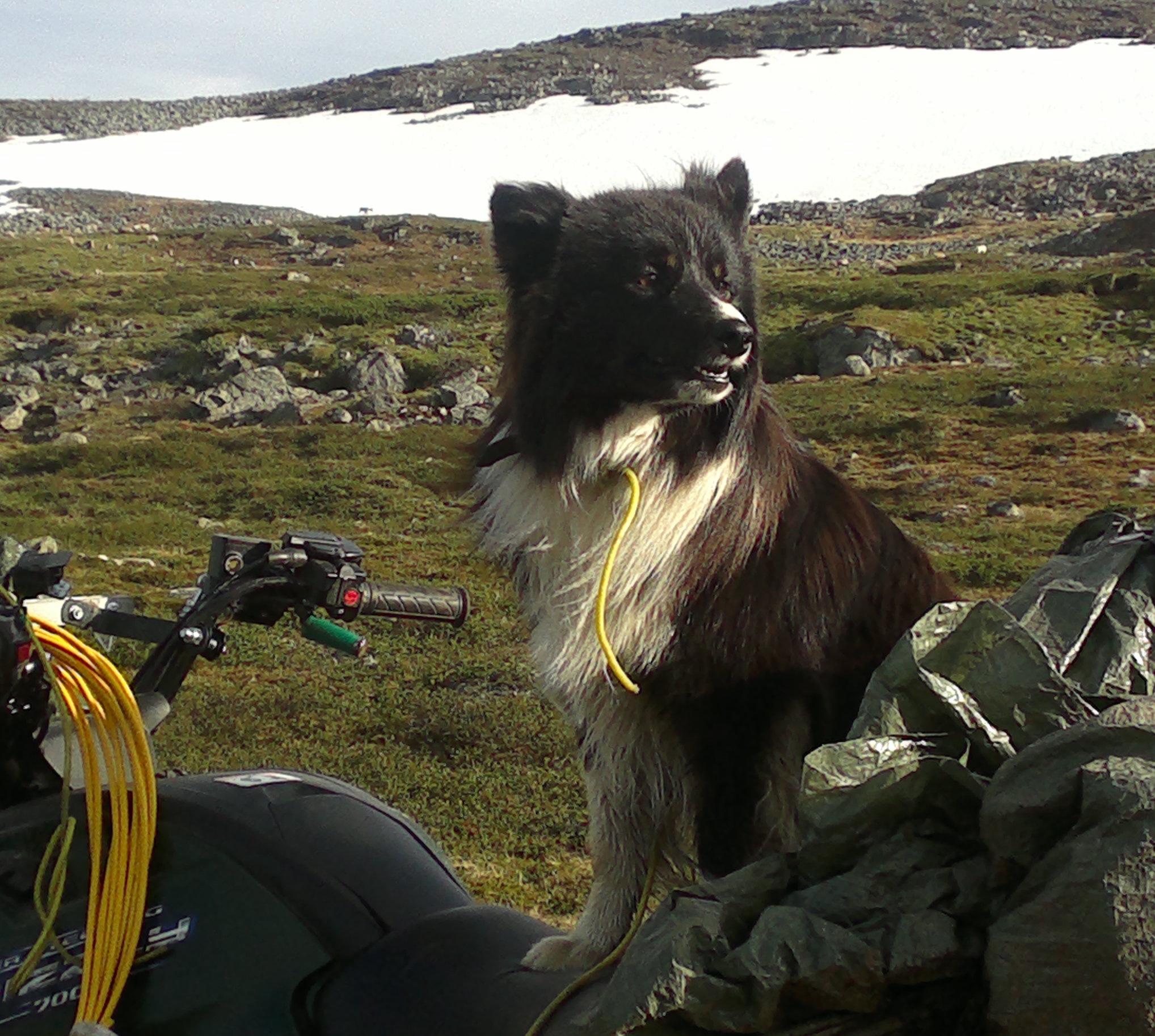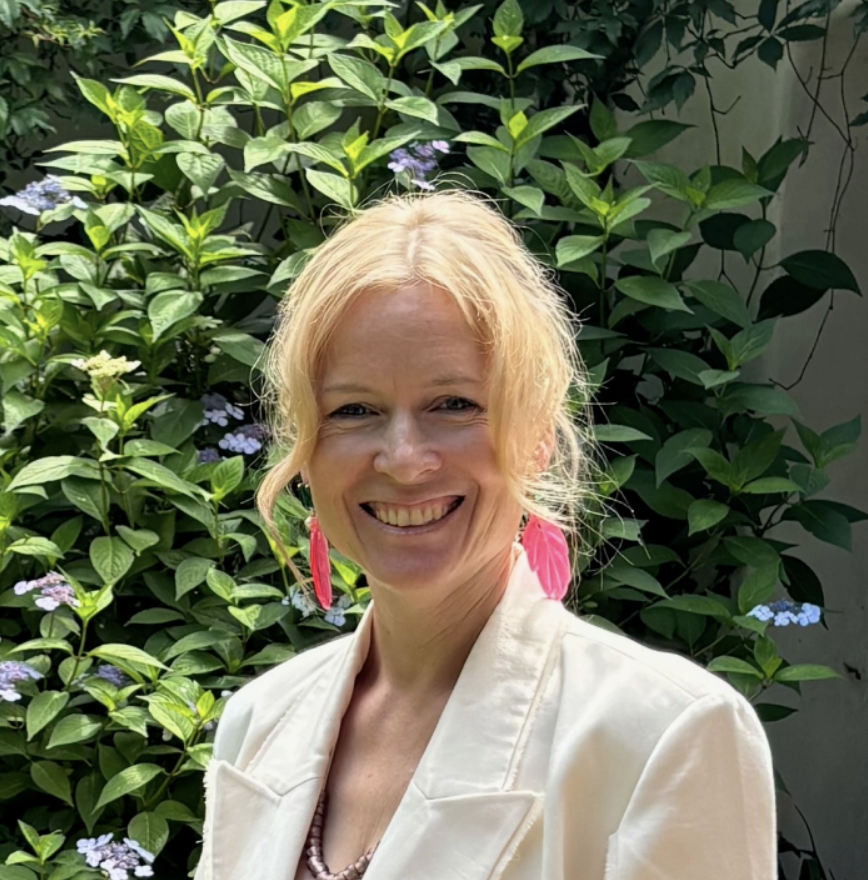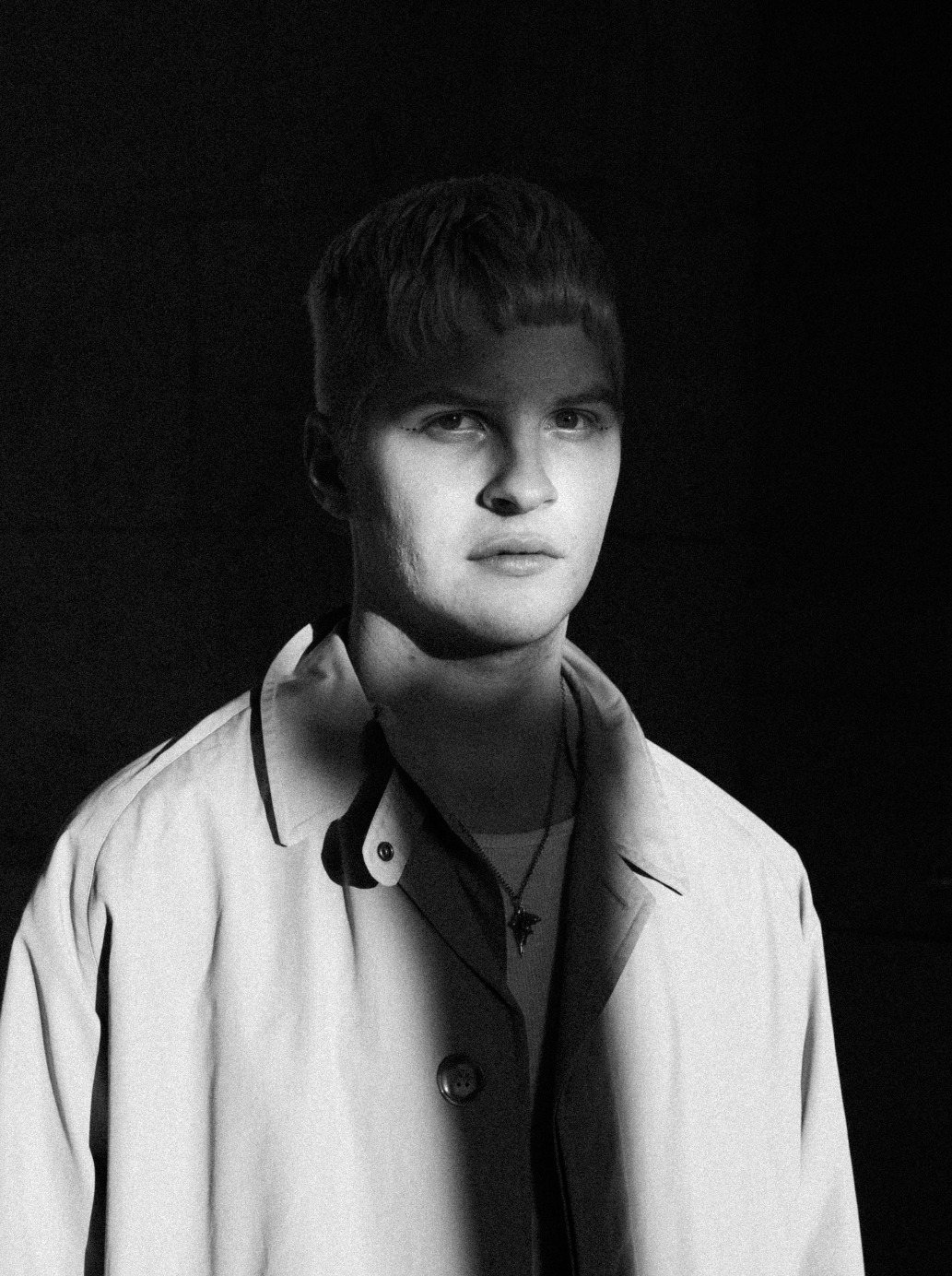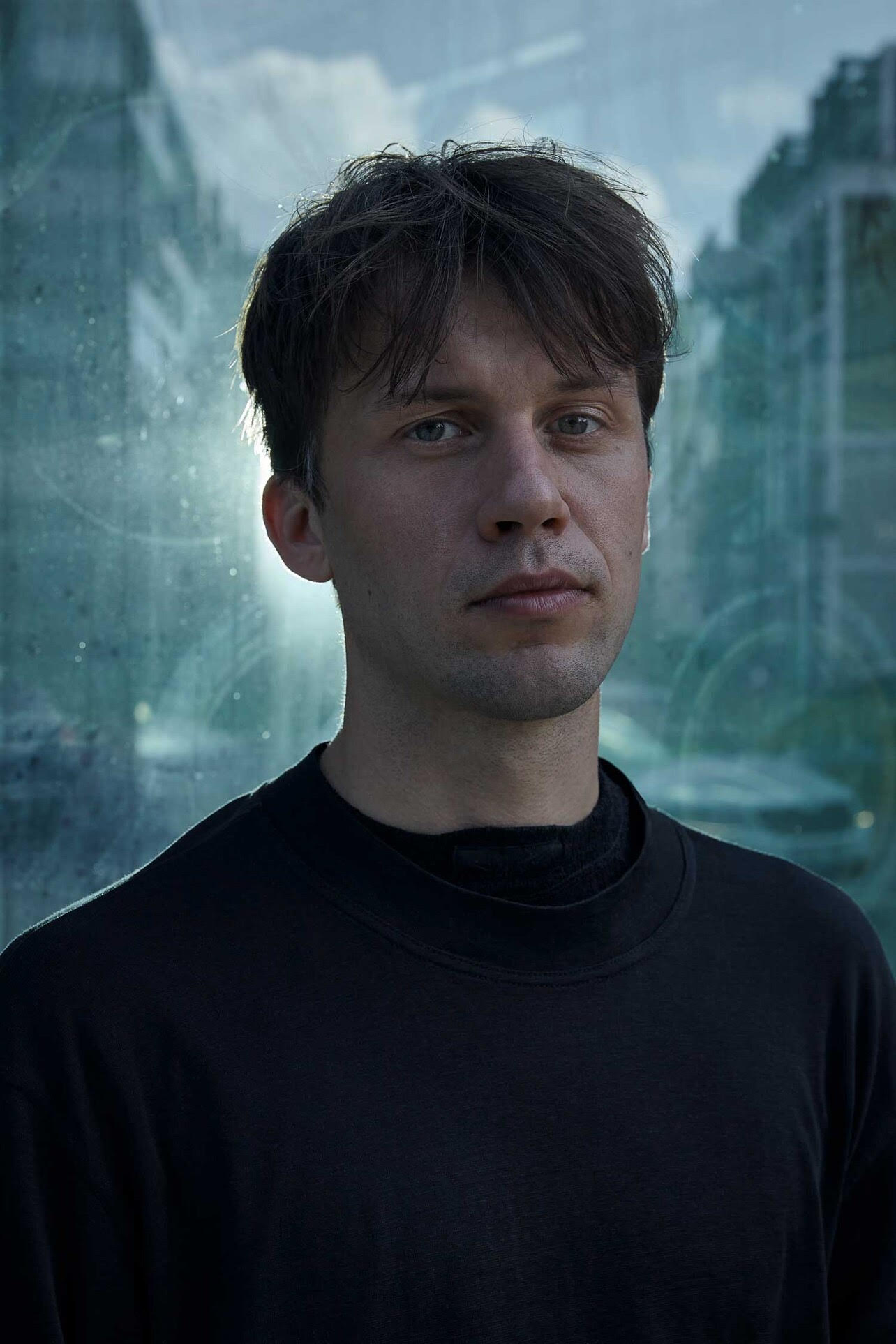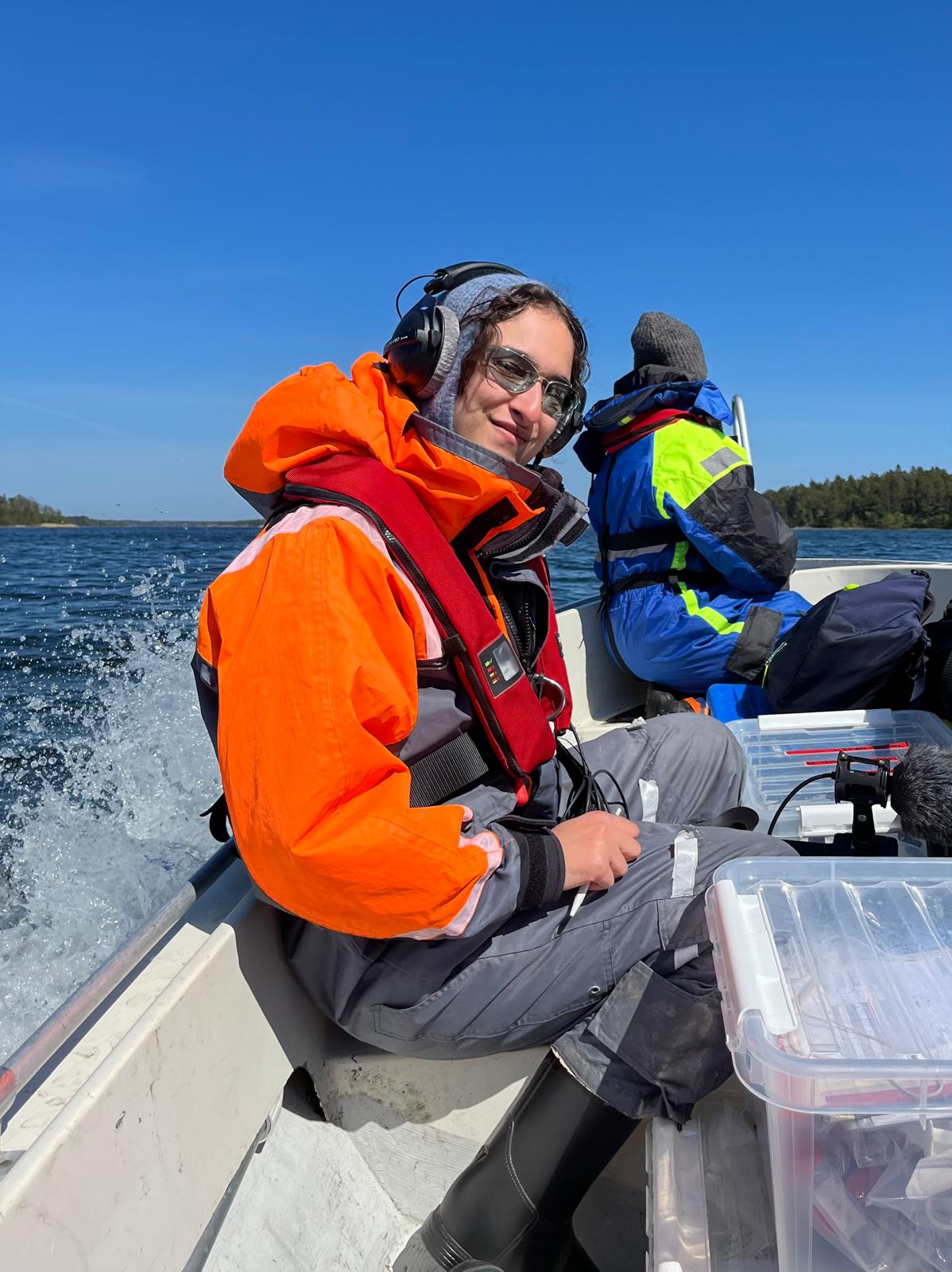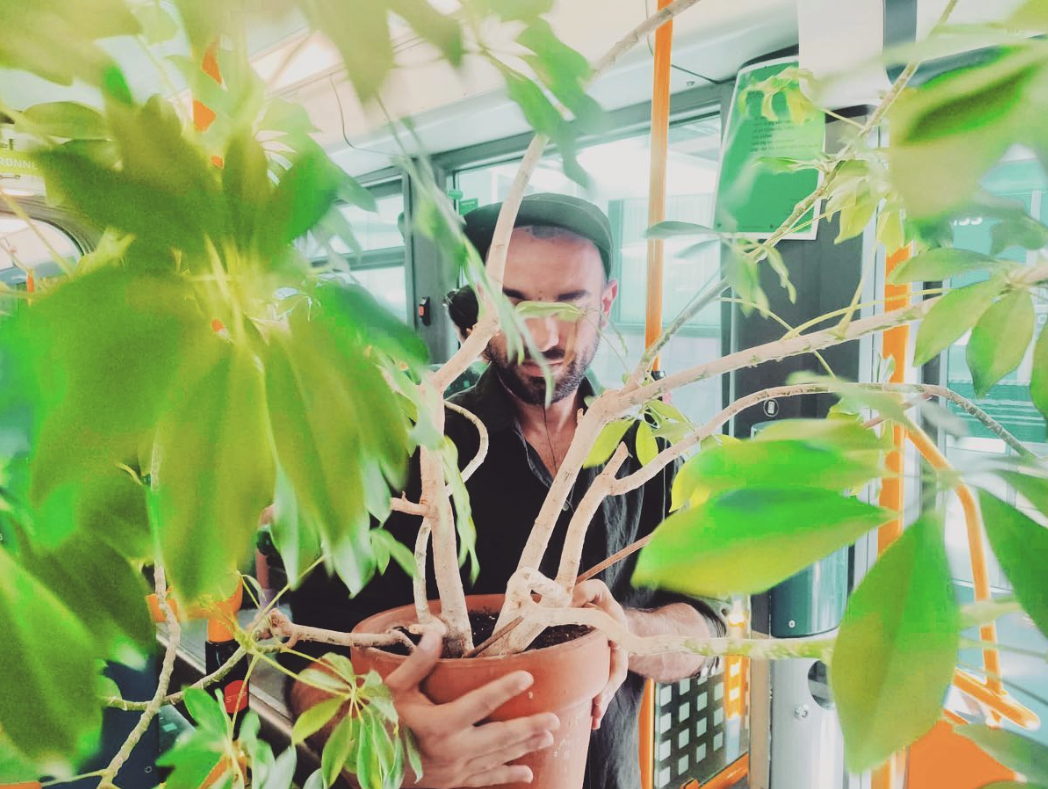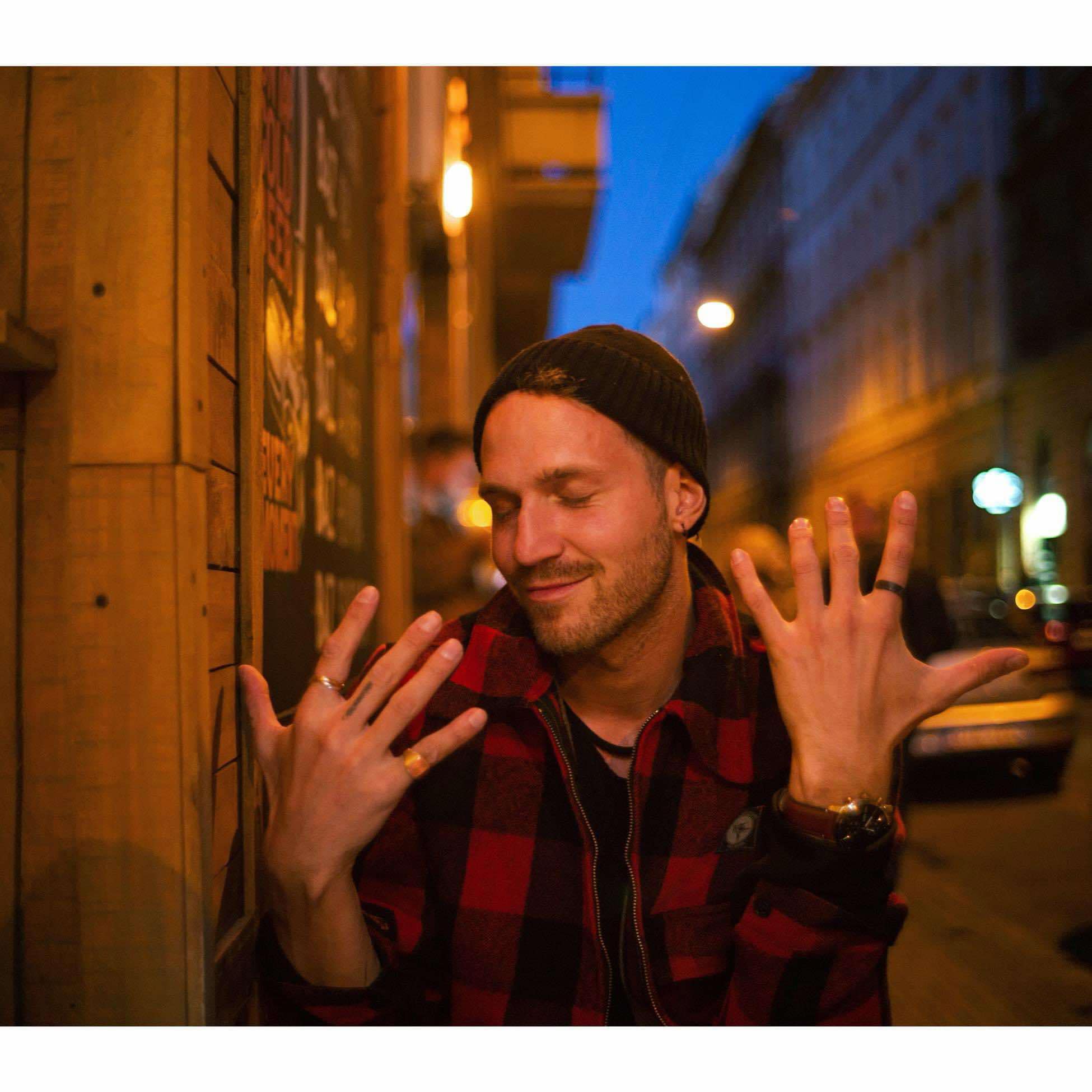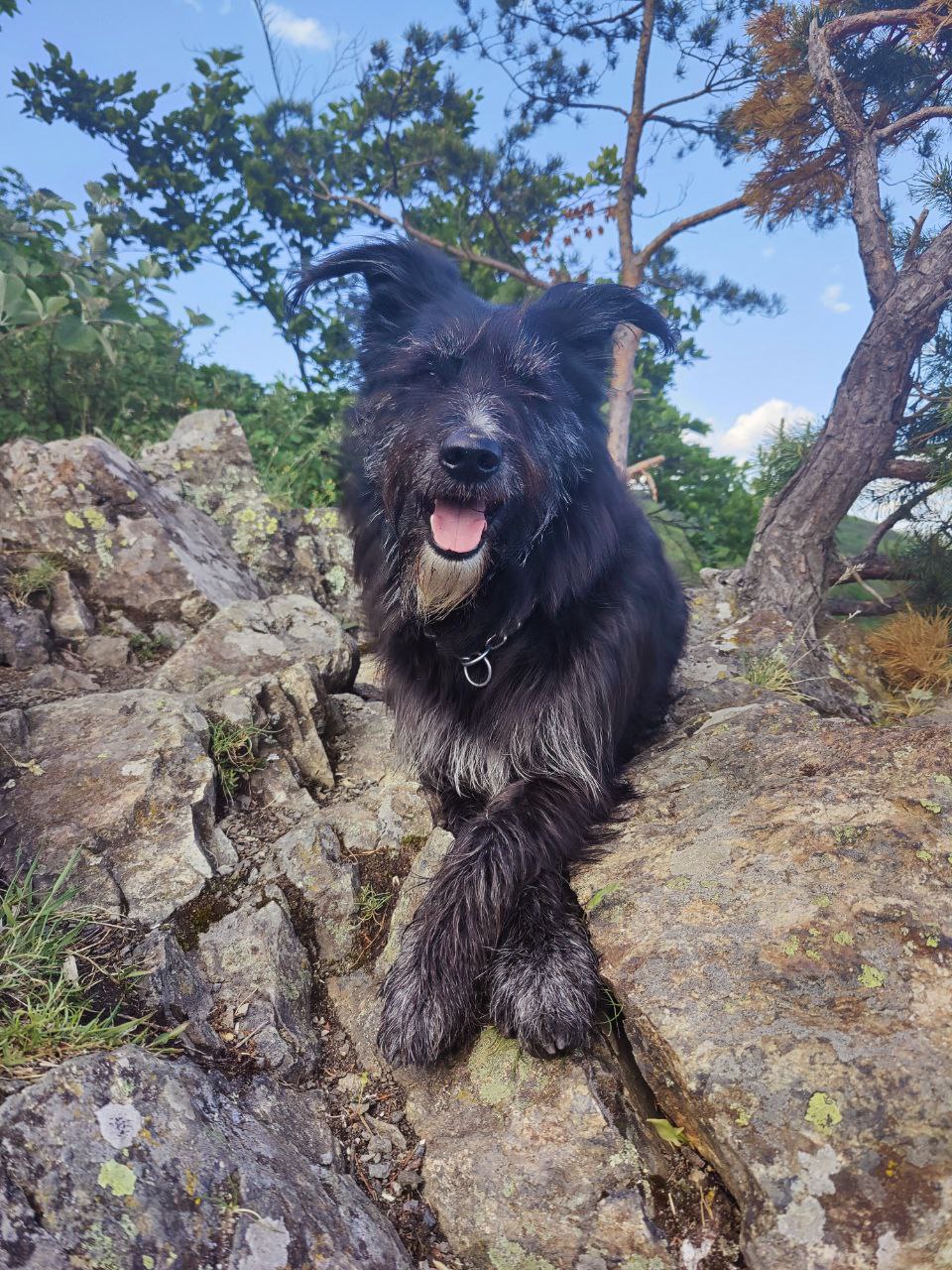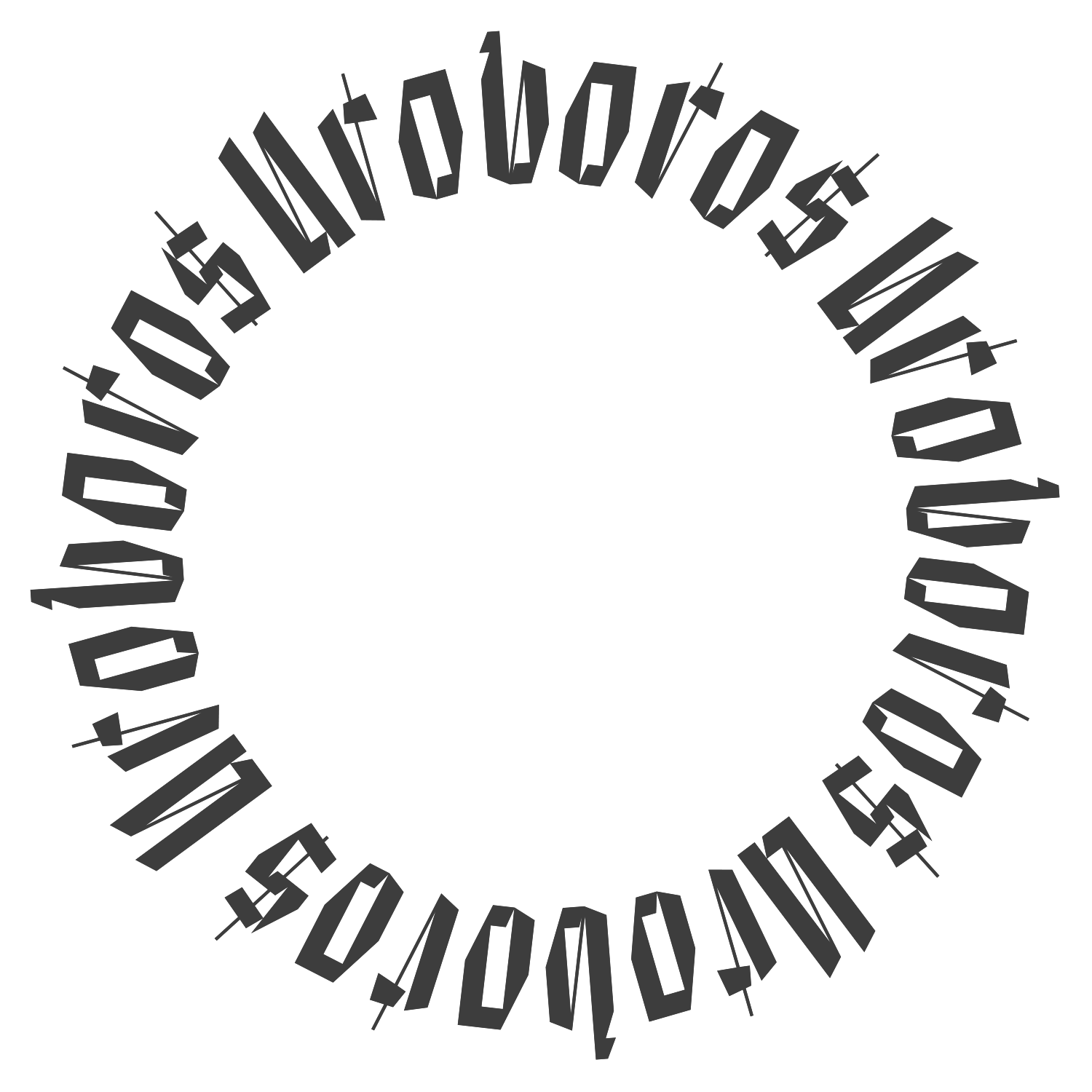
Feral Nest: Multispecies Sense~making
A cinematic multispecies encounter.
–
30 Nov Sat 22:00 CEST
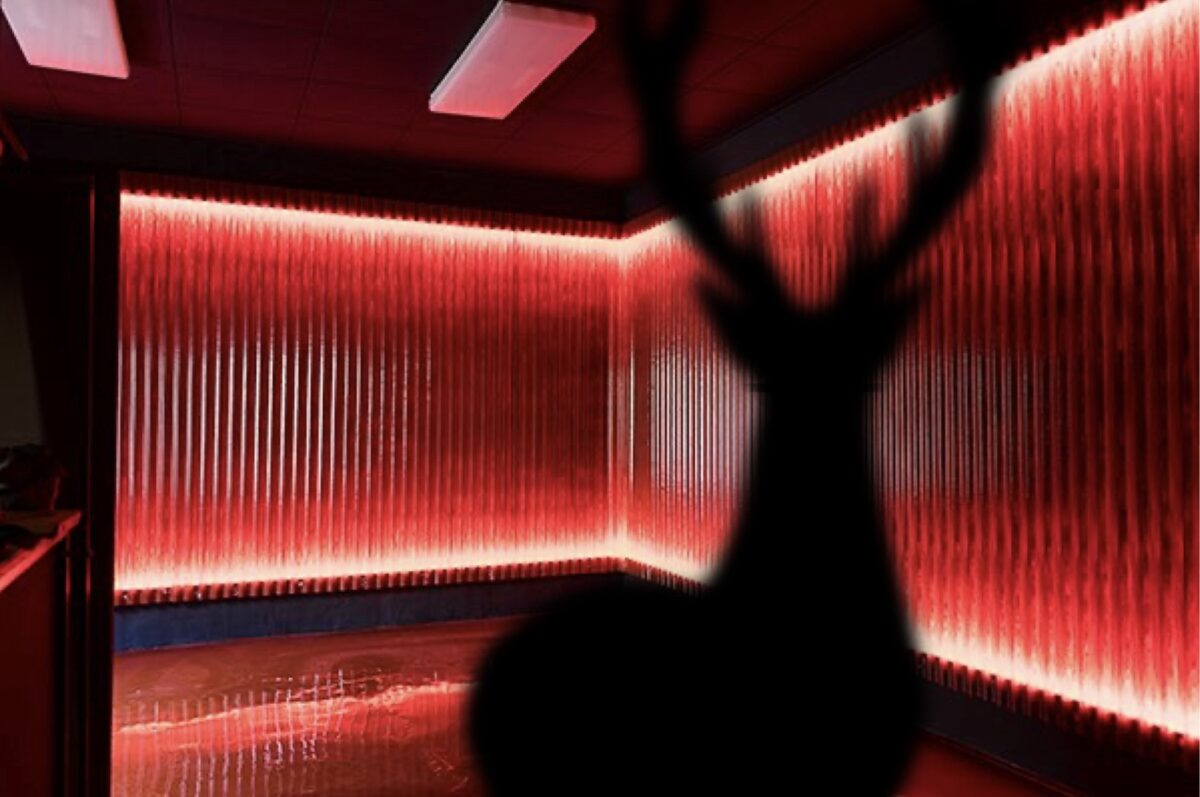
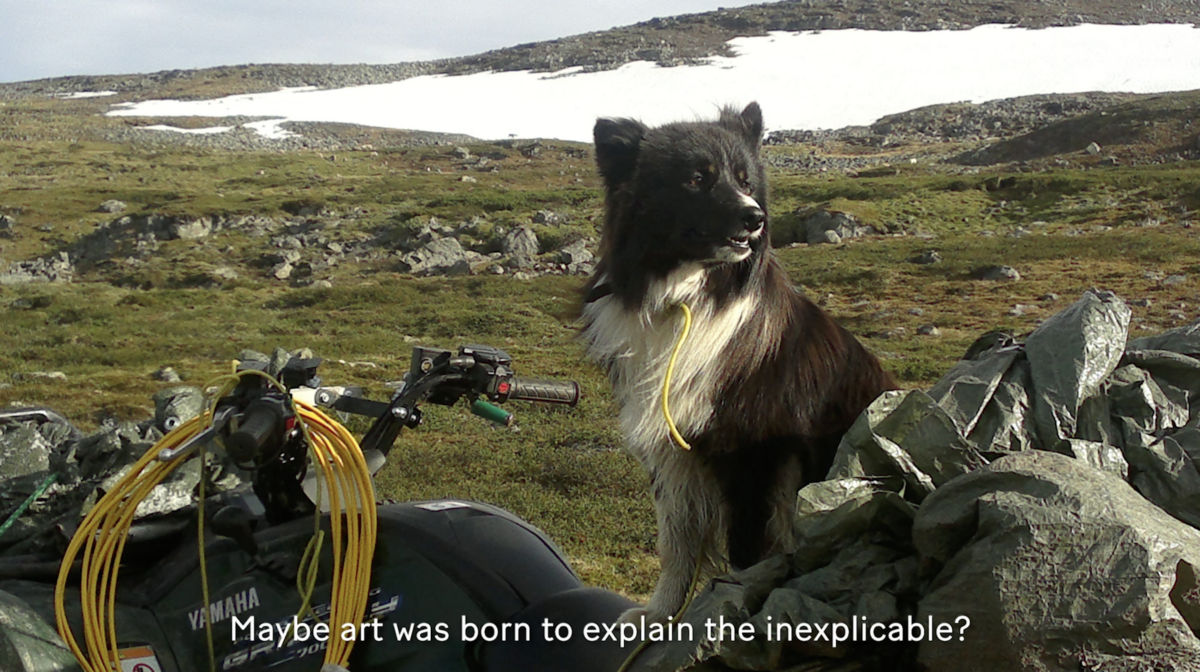
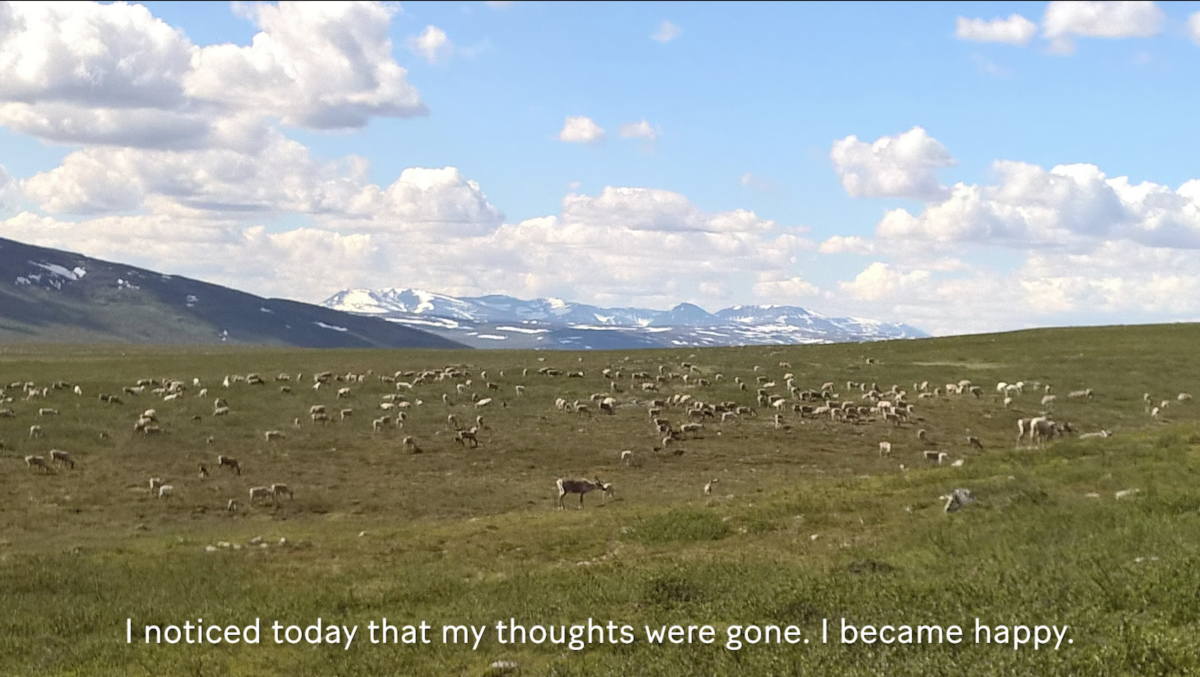
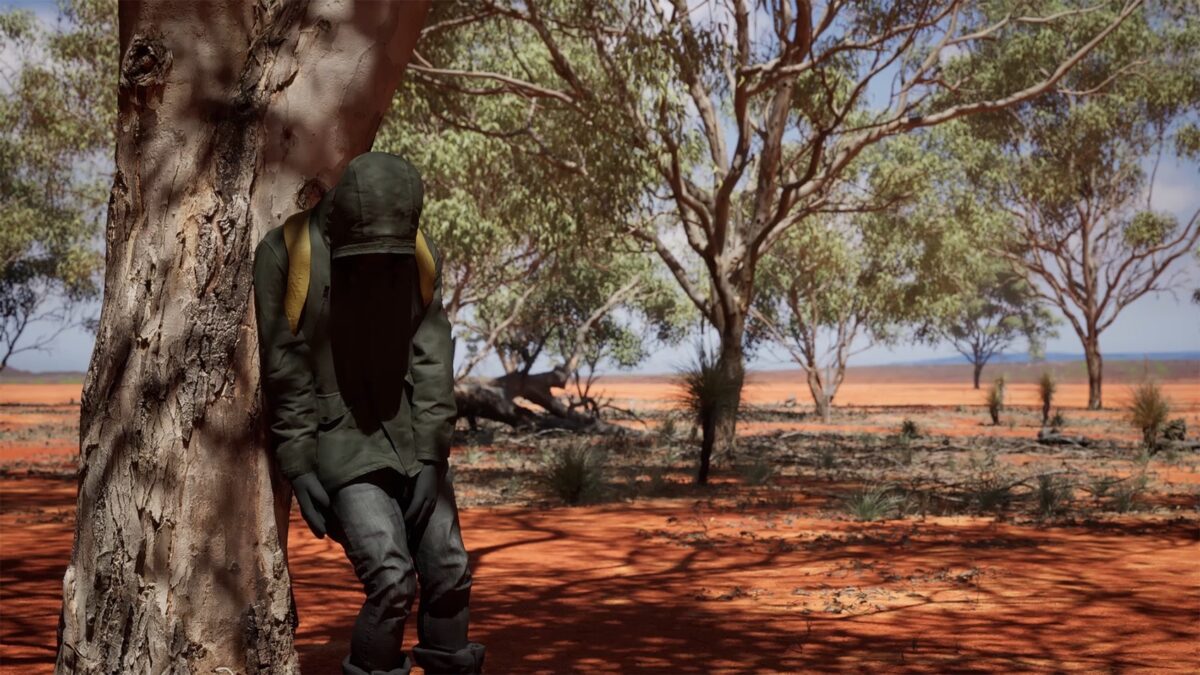
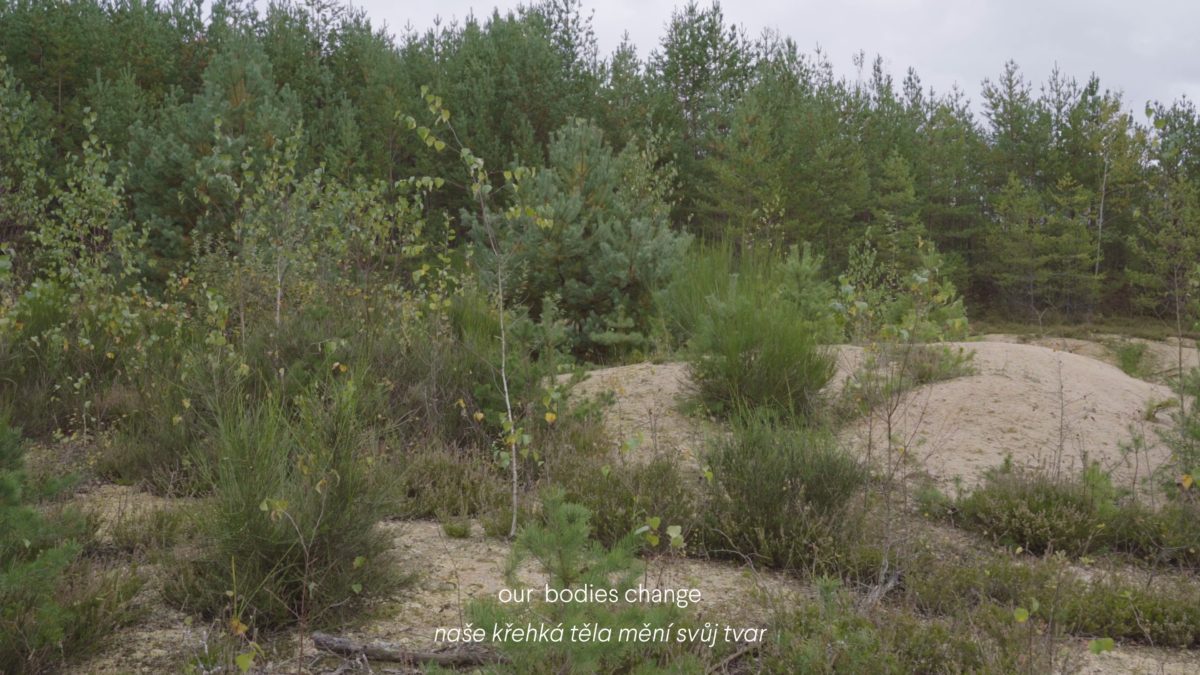
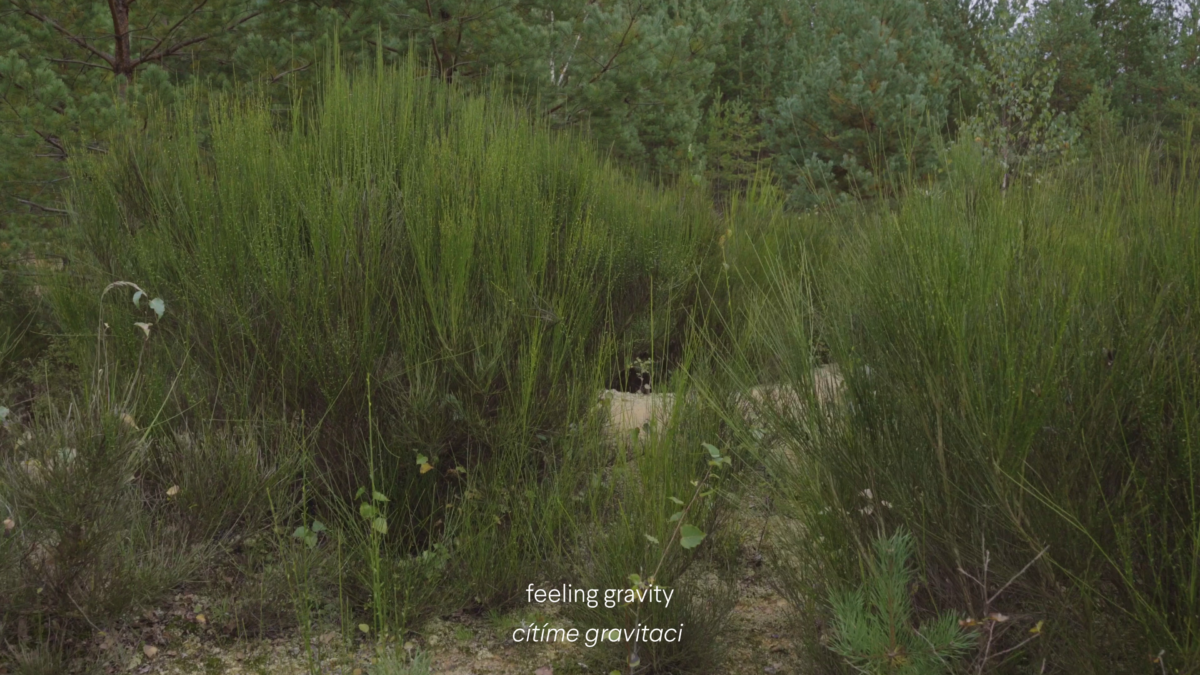
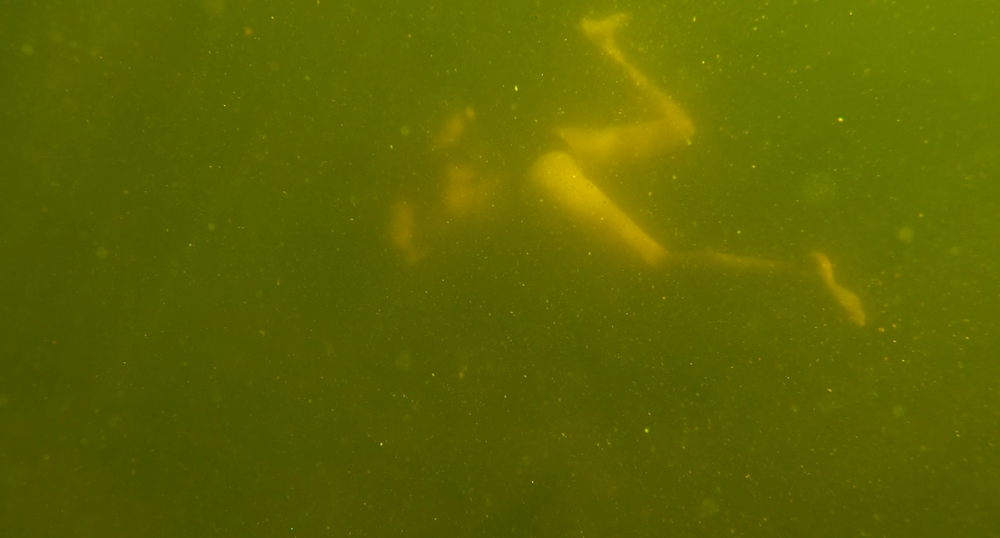
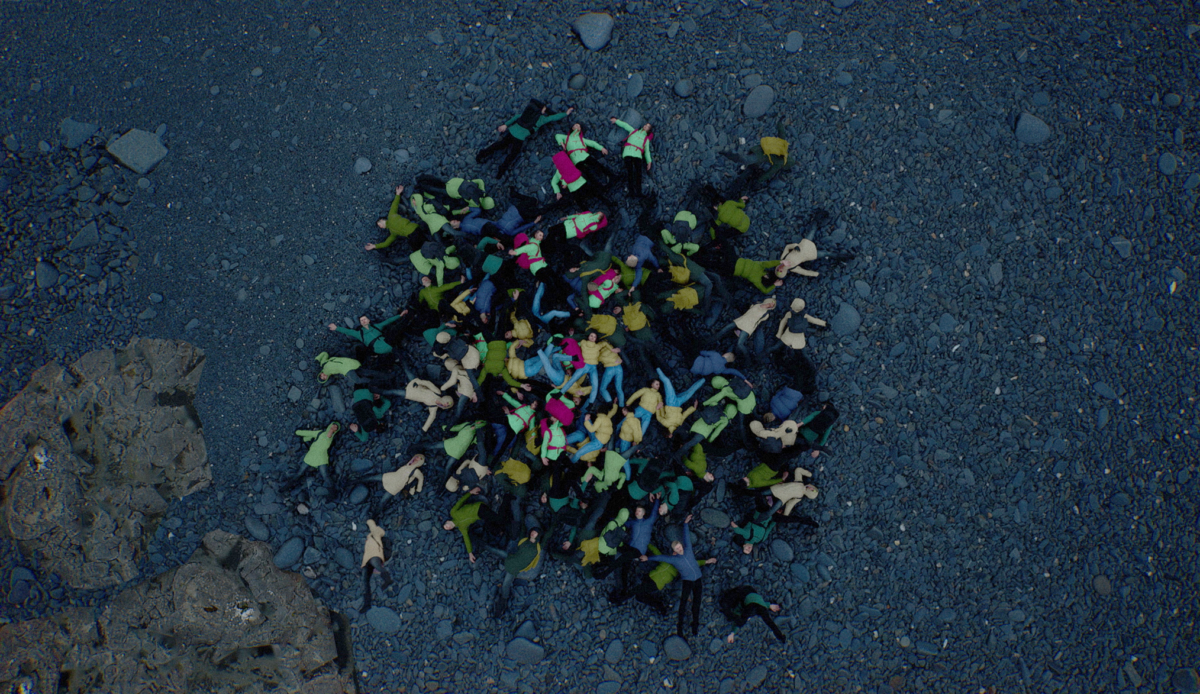
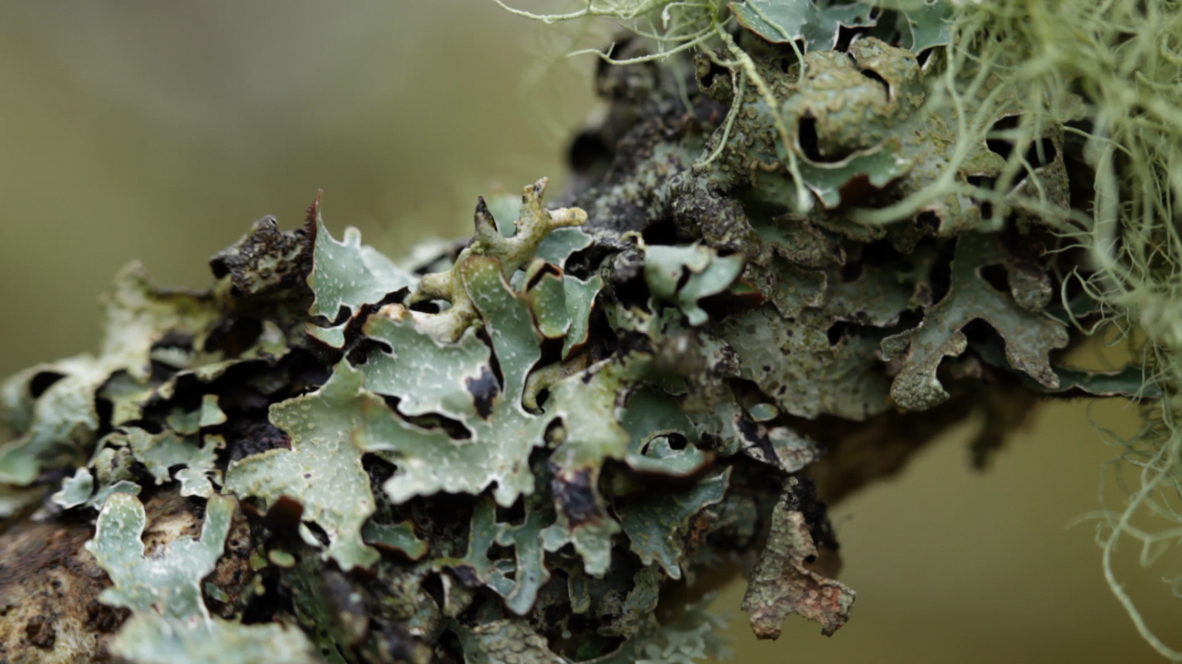
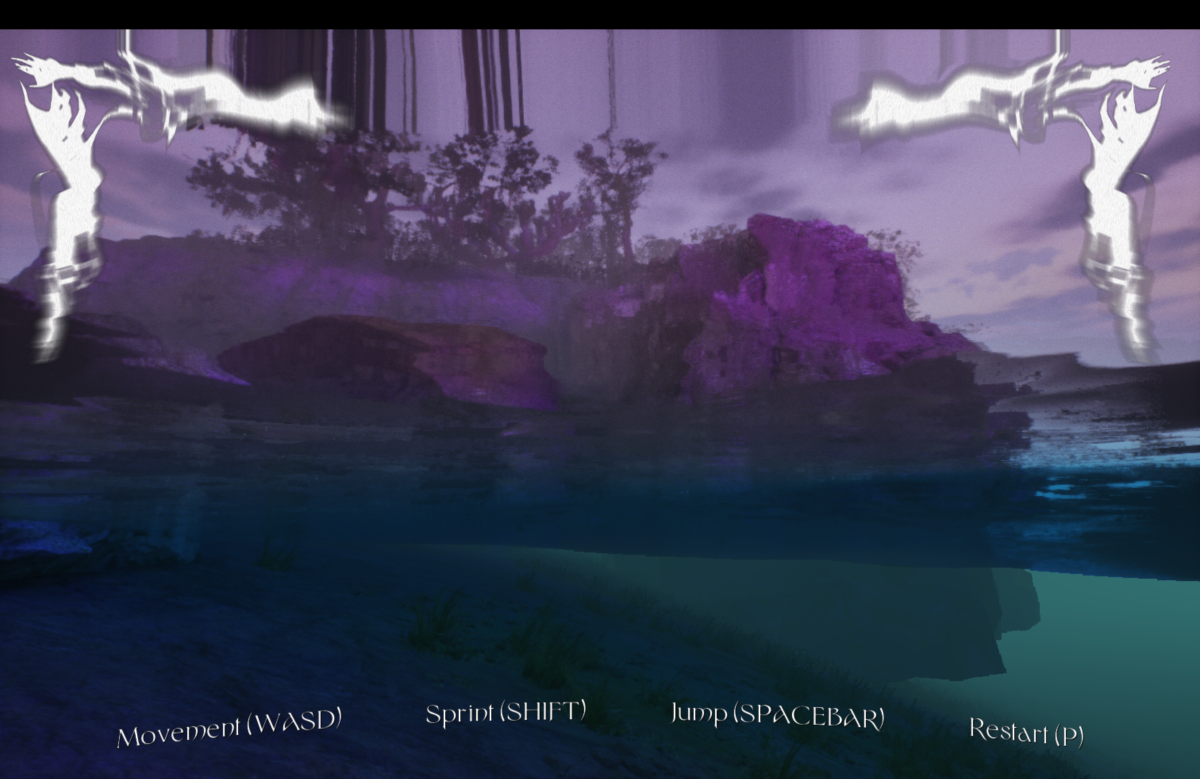
The Feral Nest brings together artists and researchers of various backgrounds to experiment with their diverse approaches to sensing – and making sense – with multispecies ecologies.
The Nest contributors – visual and performance artists, filmmakers, designers, sociologists, photographers, mushroom foragers, reindeer herders – are invited to introduce their work and share the practices, intuitions, and ways of knowing that guide their multispecies research and everyday-life inquiries.
We will gather in the former cinema space of Petrohradská kolektiv, around a still-functional cinema screen that will serve as our shared canvas – to show audiovisual narratives, sound stories, still imagery, and various other formats capturing moments of multispecies co-existence, where human and other-than-human lives came together in an intentional attempt to understand and make sense with each other. The contributions shown on the cinema canvas will serve as a starting point for co-creative reflection (workshops, sensory walks, tasting sessions, games, and more) among the event participants.
Organised as a continuation of the Feral Fields sympoiesium and the Living with Feral Ecologies festival, the Feral Nest offers a space for co-creative experiments with feral ways of thinking and practising with multispecies ecologies. Feral ways, like the creatures who roam them, thrive beyond boundaries, in the liminal places between the wild and the domesticated, the familiar and unknown, the serendipitous and intentional. They are curvy, lively and surprising, inviting spontaneous journeys that can lead to unexpected moments in space and time. They shape and are shaped by the landscape they inhabit, inviting embodied, sensory-rich explorations, observations, and chance encounters.
Following these directions, feral ways connect diverse human and other-than-human creatures, practices, and knowledges and bring them into shared moments of co-creative, transdisciplinary inquiry.
Starting from here, we will engage with the following (and possibly many more) questions:
~ How can we, as human researchers and practitioners, think and collaborate with other-than-humans?
~ How can we learn from – and make sense with – each other in a mutual way, beyond the unidirectional mode of humans observing and making sense of other creatures?
~ How could these engagements look, sound, smell, taste, and feel like?
The Feral Nest is hosted by Markéta Dolejšová with the feral support of Gloria Lauterbach and open to anyone who wants to join (free entry).
The Nest murmurations will be captured by the Uroboros friend~photographer Ondřej Hons.
A feral experimental catering will be happening throughout the event – and you can always bring more snacks, drinks, and other offerings.
Nest program
11:00 ~ Feral Hello (And Some Notes On Feral Archiving)
By Markéta Dolejšová & Gloria Lauterbach
11:30 ~ Joy and Disgust of Tasting Differently
By Lukáš Senft
We don’t fully control our capacity to taste. Taste isn’t merely something we have; rather, it’s a practice we engage in “together with others” (Voß and Guggenheim 2019). It’s a bio-social skill, shaped by shared experiences and influences. For this reason, our taste can be influenced by products from food giants. Our expectations have been standardized by industrial food production, so we enjoy eating together under the norms set by the food industry. We’re drawn to the “unholy trinity” of salt, fat, and sugar (Moss, 2014). However, because tasting is also a social and cultural experience, our “palate” has the potential to be redefined. We can choose to move away from ultra-processed foods and take back cooking from large corporations (Pollan, 2013). This lecture and experimental tasting session explore the possibilities of reshaping our “industrial palate” (van Esterik, 2018). Is it possible to taste, eat, and drink beyond the offerings of the food giants? What might be the cost of such an endeavor? And why should we consider embracing bitterness along the way?
13:00 ~ Sensing Forest Time
By Tereza Stehlíková
The intention of this session is to try and resonate with the temporality of an ancient forest, in order to move away from the hyperactive, distracted, fragmented time that we all occupy due to our technologies. We will spend 30 minutes immersed in an ancient Dartmoor forest, mediated by an audio-visual projection. The next part will involve time spent with a physical object. The final part will involve a discussion of our experience.
15:00 ~ Manifestations / When do I exist (Goas mun lean)?
By Leena Valkeapää and Oula A. Valkeapää
Manifestations is a short film made of the compilation of text messages and emails sent between the authors: Leena and her partner Oula, a Sámi reindeer herder. The film allows an intimate view into the Arctic landscape, where the fates of humans and the reindeer are deeply entangled. Everyday messages and observations convey glimpses of engaged modes of knowledge in a changing life world. Through a collage of text and photo messages between Oula A. Valkeapää, a reindeer herder in the secluded fells of northern Lapland, and his partner Leena a space is created for questions to become a part of life, rejecting the need to find clear answers. Living with questions and the mystery of life provides a space for creativity and maybe even an intensive meditation on being.
16:30 Before the Deluge
By Erik Peters
We awake on an island in the middle of an endless sea. This mythopoetic island – stuck between and beyond time and space – is where all deluges birth and come to die. We follow the journey of a player who wanders the island in search of new wisdom, mysterious relics, and an escape. Who – or what – can save them from themselves?
Before the Deluge traces historical and cultural perspectives from transoceanic mythologies to investigate the climate futures ahead of us, exploring which sources of knowledge we draw from in preparation for climate disaster. Flood myths, found in diverse cultures across the globe symbolising renewal and purification, intertwine with dystopian tales that depict the consequences of environmental devastation, the end of the world. Yet, the world has ended many times already. As a witness to these tragedies, we encounter the siren as an ancient shapeshifting guardian. Their merged histories lay bare the xenophobic, racist and misogynistic beliefs Western society projects throughout the passing of time.
The film portrays the journey of India, a young marine biologist, and her profound connection with the sea. India’s character navigates confidence and murkiness, while conducting research on sediment clouds in the archipelago. We follow her daily routine as she snorkels in the shallow waters of the Baltic Sea: the mundane yet essential aspect of her actions is tangible, emphasising the relatable nature of the scientific fieldwork. Throughout the narrative, we can sense her self-development, delving into both personal and professional dimensions. India embodies a kind of amphibious existence, evolving between land and sea.
20:00 Regeneration
By Nikola Brabcová & Karin Šrubařová ft. David Přílučík / Artyčok.TV
Regeneration is an online exhibition of the creative team of Artyčok.TV and other collaborating authors. Through artist’s videos, podcasts and other (not only) artworks, the exhibition shows examples of good practice in protecting natural resources such as land. The authors also looked at how education can contribute to eliminating inequalities in human and non-human societies. The team members have travelled to Norway and Iceland to find out about these practices. The geographical contexts of the so-called Nordic countries meet and intertwine with the local Czech ones in a mutual dialogue. Divided into three chapters, the online exhibition presents possible ways to confront specific environmental and social problems, while not widening the gap between the dominant society and those on its periphery. The Feral Nest session will introduce two Regeneration chapters: Unprotected Nature by David Přílučík, and Erosion by Nikola Brabcová and Karin Šrubařová. The session will be introduced by Artyčok.TV’s Tereza Špinková.
Connected events:
Markéta Dolejšová
Markéta is a practice-based researcher experimenting with co-creative, embodied and sensory experiences, often in multispecies contexts. Her recent work has focused on ferality and feral eco~systems, exploring what relations, intuitions, and ways of knowing can emerge in the liminal spaces between the wild and the domesticated, the familiar and unknown, the serendipitous and intentional. She is also an Assistant Professor at The Academy of Fine Arts in Prague, where she acts as the Head of the Doctoral Research Department, and is finishing her postdoctoral research fellowship at Aalto University – School of Arts, Design and Architecture (2020-24). She co-founded several art & design research initiatives, including the Uroboros festival, the Open Forest Collective, the Feeding Food Futures network, and the Fermentation GutHub. In 2020-22, she worked with the CreaTures – Creative Practices for Transformational Futures, where she led the Laboratory of Experimental Productions and co-researched the role of the arts in fostering eco-social change.
Nikola Brabcová & Karin Šrubařová
Nikola Brabcová and Karin Šrubařová have been working in an artistic tandem as visual artists for a long time. They enjoy experimenting, whether exploring new media or embracing analog methods. In their practice, strong interdisciplinarity emerges alongside the discovery process of collective collaboration. Additionally, they emphasize the authenticity of the location, not only as a genius loci, but mainly as a source for the artistic research they always conduct in that area. The latest long-term project Erosion, which is part of the online exhibition Regeneration published on Artyčok.tv, focuses on soil as a living entity, its current state and ecological renewal.
Leena and Oula A. Valkeapää
Leena and Oula A Valkeapää are living with reindeer in the Arctic Sápmi where they follow the Sàmi herding tradition, continuing in Oula A´s heritage.
Leena Valkeapää is an artist and researcher with DA (Doctor of Arts) from Aalto University, School of Arts, Design and Architecture. She has exhibited as a visual artist since 1988 and has produced several public environmental artworks. She is currently part of the research project Past Present Sustainability (PAES) at Helsinki University and works as a mentor at the Ars Bioartica Residency program in Kilpisjärvi, Finland.
Since 2001 Oula A and Leena Valkeapää work together producing internationally recognised art and research-driven projects. Their artworks emerge from everyday practices and life with the reindeer in the Arctic Sápmi.
Tereza Stehlíková
Tereza Stehliková is a Czech/British artist, researcher and educator. She is the head of visual arts department at VSKK and teaches artistic research to PhD and MA students at AMU, FAMU and UMPRUM. Tereza is engaged in artistic research, focused on investigating the role our senses and embodiment play in conveying meaning through artistic practice. Her practice spans moving image, installation and participatory performance and is driven by cross-disciplinary collaboration. She collaborates with scientists, in particular experimental and psychologists and neuroscientist investigating sensory perception and embodiment. She is currently writing a book called Exiled from our Bodies, How to Come back to our Senses, about her artistic research journey, to be published by Routledge (Sensory Studies series, ed. David Howes). She is an editor of an online arts journal/platform Tangible Territory, featuring essays and articles by established artists/authors from the world of arts, science, philosophy, all centred around the role our senses play in creating meaning in art and life.
Erik Peters
Erik Peters (he/they) is an interdisciplinary artist and artistic researcher engaging with the worldbuilding potentialities seeded in the act of storytelling, uncovering how speculative fiction can germinate new universes of being through collaborative formats of making, researching and staging. They weave pathways between the possible worlds persistency emerging from a world in planetary crisis. Their collaborative practice is situated in an interdependent web of ecologies and technologies, human and non-human beings. Together, they create immersive scenarios about possible futures; imaginative worlds staged as spatial and interactive installations, workshops, performances and audiovisual works. These speculative artefacts are created with technologies and materials such as machine learning, game engine tools, ceramics, 3d printing and 3d scanning methods.
Erik is the Uroboros 2024 Fellow and will show his fellowship work as part of the Feral Nest program.
David Přilučík
David Přilučík’s artistic works explore the post-natural condition, challenging modern imagination and rationality. Through various aesthetic mediums such as moving images, installations, objects, and live events, Přilučík intertwines human and more-than-human subjects. Collaborating at Artyčok TV and interning at TLTRPreß, he holds diplomas from the Academy of Fine Arts in Prague and the Dutch Art Institute. His ongoing project Divoká Šárka, a collaboration with Ruta Putramentaite and Sara Märc, delves into the concept of nature reserves. Přilučík has exhibited his work in numerous galleries and institutions in the Czech Republic and internationally, including programs like the Q21 artist residency at MuseumsQuartier Vienna and Residency Unlimited in New York. His piece “Blind Bidding” earned the main prize in the Other Visions section at the 2017 PAF festival, and in 2022 he became a co-recipient of the Jindřich Chalupecký Award.
Lukáš Senft
Lukáš works at the Institute of Sociology of the Czech Academy of Sciences. Since his master’s studies, he has been focusing on multi-species ethnography. He explores social processes involving humans, animals, microorganisms, plants, and landscape elements, examining the complex more-than-human ecologies and economies they shape. His dissertation research centered on mushroom foraging in the Czech Republic, with an emphasis on non-market exchange practices, food self-sufficiency practices, and the associated environmental ethics. He works to popularize
insights from these areas through collaborations with visual artists and by writing popular science articles.
Cyane Findji
Cyane Findji’s interdisciplinary practice involves using documentary filmmaking as a process-based methodology to investigate ways of bridging artistic and scientific research, and share ecological narratives that connect human-and-other bodies. Her latest short documentary film Amphibia (2024), tells the story of a young marine biologist who encounters her amphibious self while performing fieldwork in the shallow waters of the Baltic Sea Archipelago. As a duo with Myriam Gras, she is currently directing a short documentary film entitled Flowers of the Glacier (2025), which reflects on knowledge transmission and multispecies ecologies amid the melting glaciers of Arctic Sweden. She recently graduated with an MA in Visual Cultures, Curating and Contemporary Art from Aalto University (FI).
Enrique Encinas
Enrique Encinas (they/he) is a design researcher exploring the patterns and textures formed by (other than) + humans and technologies through creative, critical and collaborative practices. He works as Associate Professor in Interaction Design at the Oslo School of Architecture and Design (AHO). They have co-lead projects involving governmental, artistic and educational institutions such as the European Union Policy Lab, the Centre for Contemporary Culture in Barcelona (CCCB) or SpeculativeEDU.
Alexandra Cihanská Machová
Alexandra Cihanská Machová (*1985), skladateľka a zvuková umelkyňa zo Sabinova (Slovensko).
Momentálne pôsobí v Prahe (Česká rep.), kde v roku 2019 dokončila magisterký program v Centre
audiovizuálních studií na FAMU. Predtým študovala Multimediálnu kompozíciu na JAMU v Brne, a Hudobnú vedu na MUNI v Brne. Jej hlavným vyjadrovacím prostriedkom je zvuk v najrôznejších formách od akustických nástrojov, terénnych nahrávok, po live coding a iné, ten ale často prepája aj s inými médiami. V minulosti zvykla pracovať s väčšími formami ako je multimediálny koncert, momentálne sa zaoberá intenzívnejšie zvukom v priestore, zvukovej inštalácii, a aktuálne i zvuku vo virtuálnom prostredí. Robí i hudbu pre film, divadlo, či rozhlas, pracuje s pohyblivým obrazom.
Ondřej Hons
Ondřej is a physiotherapist working with people, animals and many other fantastic creatures. Back in the days he used to be a wedding photographer and spent his time preserving moments of joy and laughter that are intensely alive.
Chewie
Chewie is a forest guide living and thriving in Central Bohemia, in the protected landscape area Křivoklátsko. Since 2021, Chewie has been a core member of the Open Forest Collective where he contributes to feral explorations of more-than-human ecologies and leads a series of experimental walks in the Křivoklátsko forest. Through his kind guidance, Chewie helps other collective members and contributors to learn about diverse multispecies relationalities and spatiotemporalities of care that make up a forest. As part of the Uroboros Collective, Chewie helps to organise the annual festival, in 2023 with his own program section Chewroboros.
